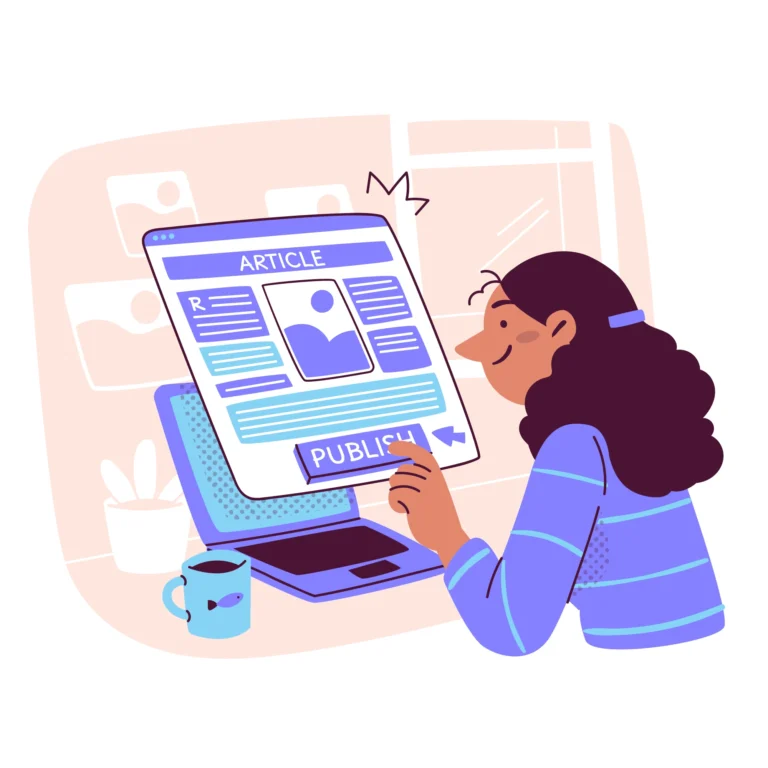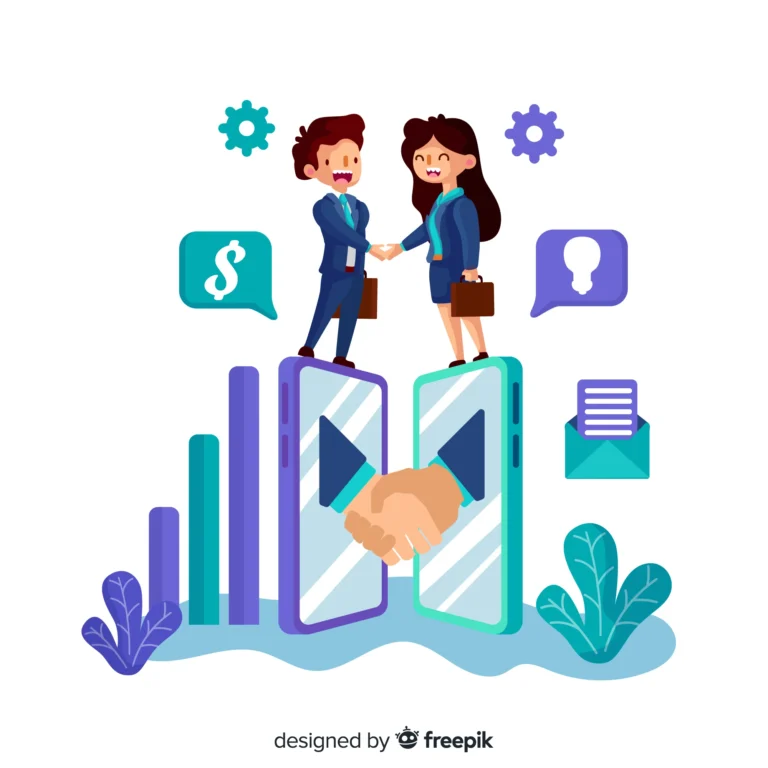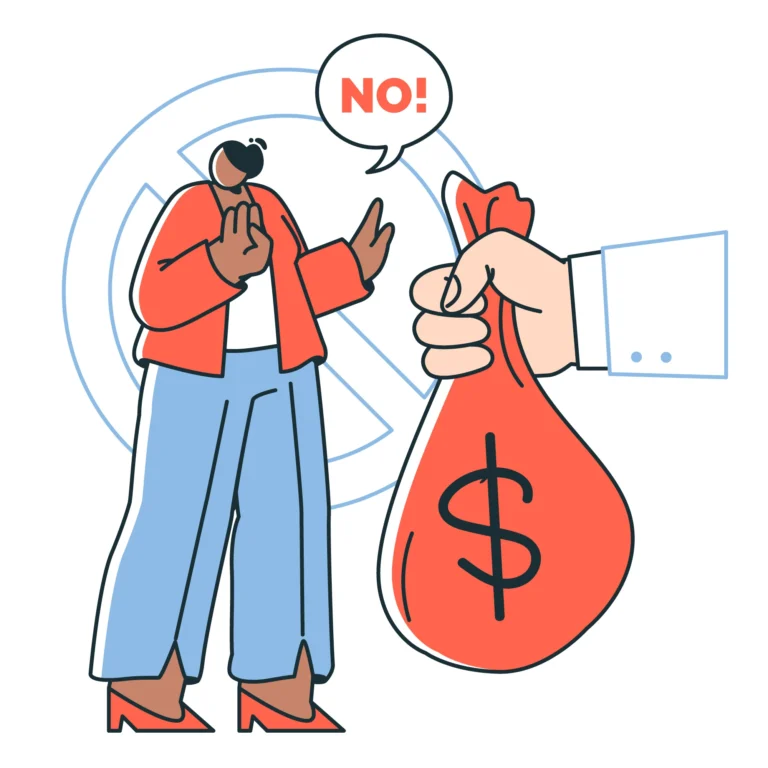Introduction: Soft Skills Make the Difference — If You Know How to Show Them
You’ve probably heard it a thousand times: “Hiring managers want to see soft skills.”
But what they don’t want is a generic bullet point that says: “Excellent communication skills.”
In today’s hiring environment, especially for remote-friendly and client-facing roles, your resume has to show — not just tell — how your soft skills actually impact your work.
This guide will show you how to describe soft skills on a resume with real-world examples, action phrases, and positioning strategies that help you stand out in 2025.
No fluff. No filler. Just personality, power, and proof.
How to Describe Soft Skills on a Resume: Real Examples That Actually Work
Most job seekers have a section on their resume labeled “Skills.” But let’s be honest—many fill it with vague phrases like “great team player” or “excellent communicator.” Sound familiar?
The problem isn’t that these traits aren’t valuable. They absolutely are.
The real issue is that they’re meaningless without context. Recruiters need proof — not buzzwords.
So, how do you describe soft skills on a resume in a way that’s persuasive, specific, and powerful?
You embed them in your experience section, using strategic phrasing that shows results.
Let’s explore how to bring soft skills to life — grouped by real-world traits that employers are actively looking for in 2025.

Learn how to describe soft skills on a resume so hiring managers instantly see your value.
Communication & Collaboration
Every job today — whether remote, in-office, or hybrid — demands clear communication. But instead of saying you’re “a good communicator,” prove it.
Example phrasing:
“Presented weekly performance reports to cross-functional teams, simplifying technical data for marketing and sales departments.”
You might also highlight collaboration like this:
“Co-led a product launch by aligning messaging across design, copy, and social teams — resulting in a 42% increase in engagement.”
This shows you don’t just “work well with others” — you drive outcomes by collaborating effectively.
What to remember: Use verbs like presented, collaborated, aligned, or translated to make your communication skills feel tangible and results-driven.
🔧 Use our Soft Skills Resume Phrase Generator to get tailored phrases in seconds.
Problem-Solving & Critical Thinking
Employers want candidates who don’t just notice problems — but solve them.
Generic: “Strong problem-solving skills.”
Better:
“Diagnosed a 30% drop in checkout completions and proposed a UX solution that improved conversions by 18%.”
Want to show critical thinking?
“Analyzed quarterly client feedback trends and built a survey optimization strategy that improved response rates by 25%.”
Key tip: Always tie your soft skills to an action and a measurable outcome — this makes even entry-level resumes feel strategic.
Time Management & Adaptability
Especially in deadline-driven environments, being able to manage time and adapt quickly matters more than ever.
Bad: “Works well under pressure.”
Better:
“Managed three overlapping content calendars across departments, delivering 100% of assignments on time over a 6-month period.”
Or:
“Adapted content deliverables mid-project due to shifting client goals, restructuring timelines without sacrificing quality.”
Resume tip: Emphasize how your flexibility helped the team succeed — not just how you survived the chaos.
Initiative & Leadership
You don’t need a title to show leadership. It’s about impact — mentoring, owning results, or starting something that didn’t exist before.
Try something like:
“Initiated a blog strategy for an underperforming product category, increasing organic traffic by 60% within 3 months.”
“Mentored two junior writers, streamlining revision processes and cutting production time by 40%.”
Pro move: Even freelance or internship experience can show leadership if you explain how you improved a process or helped others succeed.
Emotional Intelligence & Conflict Resolution
Soft skills aren’t just about getting work done — they’re about working with people.
Don’t say: “Emotionally intelligent”
Say:
“Resolved client frustrations by listening to pain points and reshaping deliverables — leading to a 3-month contract extension.”
Another example:
“Acted as liaison between marketing and sales during launch disagreements, aligning both teams under one approved messaging strategy.”
Key phrase trick: Use words like mediated, aligned, resolved, or negotiated to frame EQ in action.
Attention to Detail
Let’s finish with one of the most overused soft skills on resumes: “detail-oriented.”
This one is easy to prove — or disprove — just by how you format your resume. But to actually write it well:
“Proofread and finalized 60+ content assets monthly, maintaining a 99.8% accuracy rate across live client projects.”
Bonus tip: If you’re applying for roles in editing, QA, writing, or finance, showing attention to detail is non-negotiable. Embed it into your success metrics.
Final Takeaway
Describing soft skills on a resume isn’t about checking boxes — it’s about embedding behavior, action, and impact into your job descriptions.
Instead of writing “team player” — write what you did with your team.
Instead of “good communicator” — show who you communicated with and how it improved results.
Instead of “adaptable” — prove it with a challenge you overcame and the value you delivered.
That’s how to describe soft skills on a resume that actually gets you interviews in 2025.
Frequently Asked Questions (FAQs)
Can I list soft skills in the “Skills” section of my resume?
You can — but avoid dumping a list like “communication, leadership, teamwork.” That’s a common trap. A better approach is to weave soft skills into your bullet points under work experience. That’s where hiring managers look for real examples.
What’s the best way to show communication or collaboration?
Instead of stating it outright, describe a situation where you communicated something clearly or worked with others toward a result. For example:
“Collaborated with three departments to unify messaging across a campaign viewed by 100K+ users.”
That’s communication in action — and a perfect way to show it without cliché.
I’m entry-level. Can I still describe soft skills well?
Absolutely. Even internships, school projects, and volunteer work give you real examples of adaptability, time management, and leadership. You just need to phrase it with action and impact in mind.
How many soft skills should I highlight?
Focus on 3–5 core soft skills that are directly relevant to the job description. Don’t overload your resume. Instead, show depth and context through 2–3 lines that tell a story.
Is it okay to mention soft skills in the resume summary?
Yes — your summary is a great place to reinforce soft skills that match the role. Just avoid vague phrases. Instead, write something like:
“Creative content strategist known for building cross-functional alignment and delivering campaigns on tight timelines.”
That line says teamwork, communication, and time management — without saying the words directly.
Suggested Tool
👉 Resume Score Checker: Instantly Improve Your Resume in 2025
Suggested Reads
👉 27 Essential Advanced Resume Writing Tips 2025: Strategies to Showcase Skills, Achievements & Personality
👉 Powerful Tricks to Create an ATS-Friendly Resume That Instantly Boosts Interview Calls 5x
👉 7 Essential Secrets to Crafting the Perfect Resume Structure with Winning Sections & Formatting Tips
👉 8 Common Resume Red Flags Recruiters Notice Instantly and How to Fix Them in 2025







One Comment